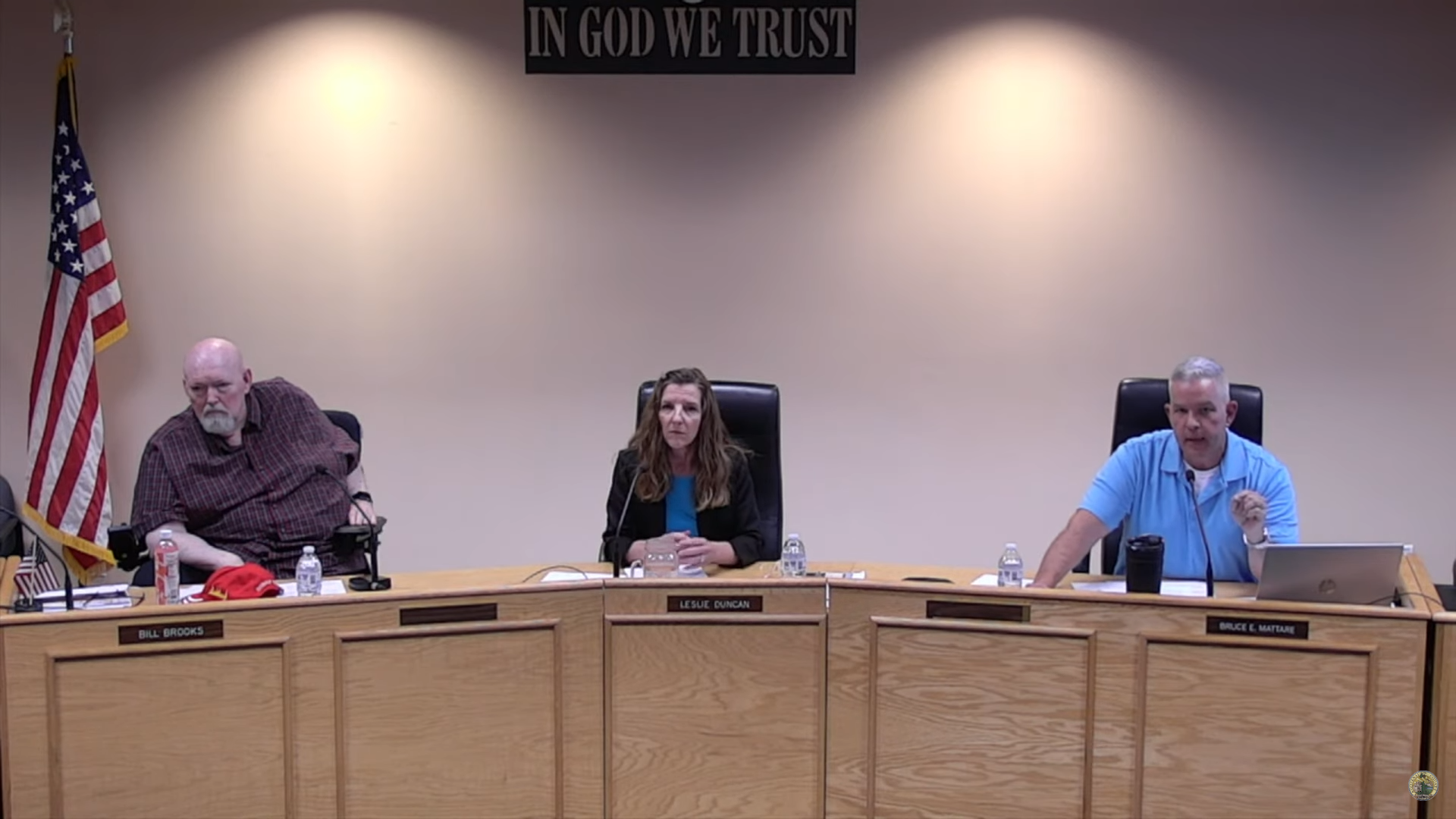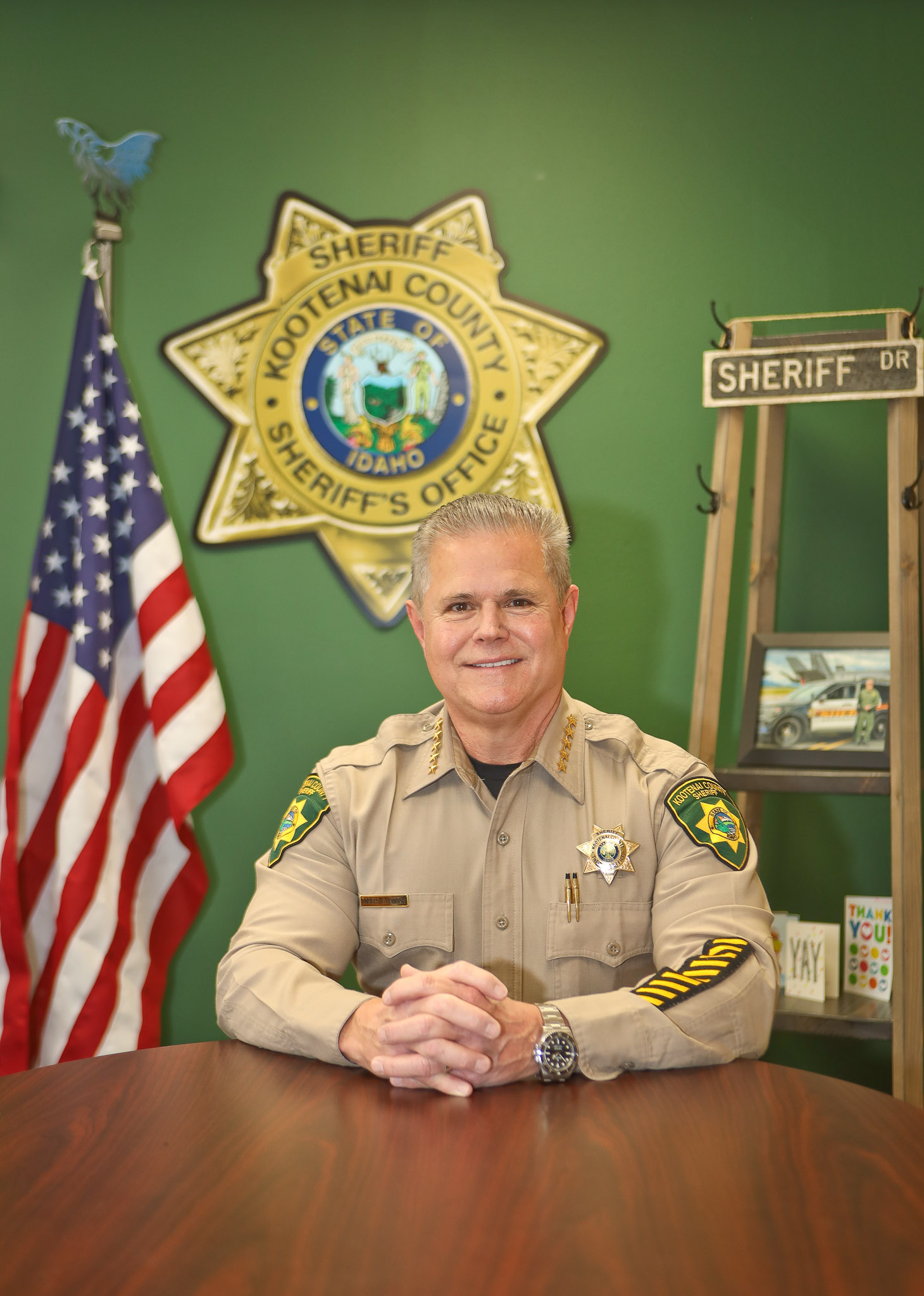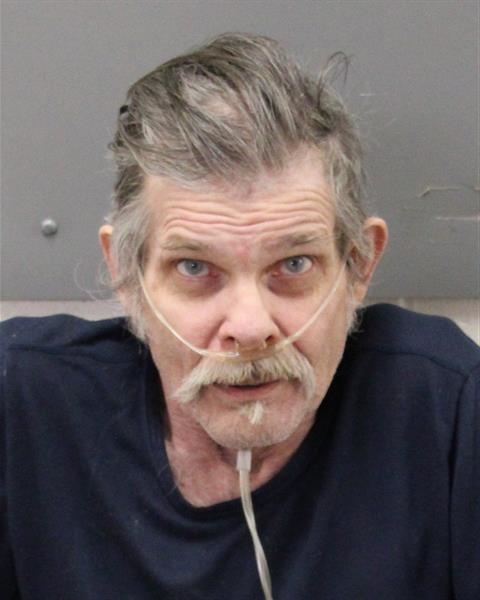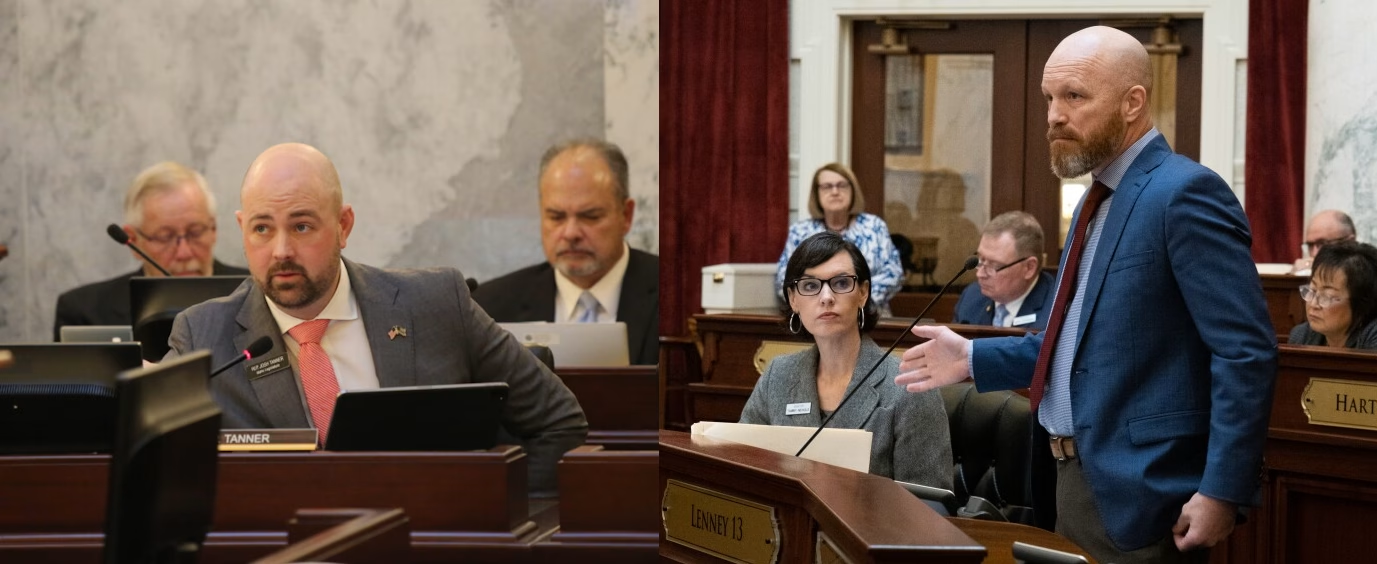COEUR d’ALENE, Idaho – On Wednesday evening, the Kootenai Board of County Commissioners (BOCC) held a public hearing where it unanimously approved the fiscal year 2025 budgets for both the Aquifer Protection District and the county Emergency Medical Services, and it approved the county’s $131.7 million FY 2025 budget in a 2-1 vote. Commissioner Bill Brooks explained he could not support the budget because he disagreed with the 2.5% cost of living adjustment and wanted it set at 3.5% to help with staff retention.
The budget includes a 2.0% county-wide levy tax increase equating to around $1.2 million in additional property tax revenue. During discussion, Commissioner Bruce Mattare thanked County Clerk Jennifer Locke, whose office is responsible for preparing the budget, as well as the Finance Director Brandi Falcon and other personnel for their diligent work throughout the lengthy budget process. “The good news, and one county citizens should be proud of, is that our operating budget actually went down by $27,000,” stated Mattare. “We invested that 2.0% increase into recruiting and retaining our staff.”
Commissioner Leslie Duncan, who chairs the board, believes the budget to be “fairly good.” During her remarks, she highlighted the cost to the budget with jail overcrowding and the additional $1.4 million to secure a health provider for the jail. “We usually have between 60 and 100 state inmates at any given time, so if the state would take all their inmates, we would be in a much happier position,” stated Duncan.
Medical benefits for county employees have seen a recent improvement with an anticipated cost savings of $1 million annually. “We have an on-sight clinic that just opened in July, so our employees and any of their family members who are on our medical program will be able to have this,” shared Duncan. She explained that the clinic functions as a primary care provider which had been difficult for some employees to find and allows for access to address ailments or illness more quickly than before. “I’m very excited to see that benefit. People first. I’ve said that since I’ve gotten here,” stated Duncan.
Falcon presented a comprehensive review for the FY2025 proposed budget. Just under $90 million of the total county budget goes toward personnel costs, $36 million to operating costs, and $5.8 million to capital. Since the $21.6 million solid waste budget is self-funding, the numbers are broken down to accurately assess the general government budget, placing it just over $110 million.

The total county budget is funded with a mix of revenue from the state, property taxes, fees, fund balance, and grants. Property taxes generate 47% of the county’s revenue, with state funds and other fees comprising 47% and 6% coming from fund balance and grants. Growth continues to strain county services and resources, frustrating both property owners and commissioners alike. Officials say the Idaho statute governing the collection and use of impact fees is so poorly crafted that it is very difficult for the county to assess fees that will make growth pay for itself. This has been a long-standing problem that Mattare and other elected officials are determined to address and solve. The matter is further complicated by multiple city comprehensive plans that do not work in unison with the county. A BOCC meeting to discuss impact fees is scheduled for Thursday, September 5 at 1:00 p.m.


It is noteworthy that some members of the community used the budget review hearing to address concerns over an expansion of a License Plate Reader (LPR) pilot-program that began in 2019. Apparently, under the leadership of former Commissioner Chris Fillios, the board agreed to the LPR program at the request of the sheriff’s office under the tenure of former Sheriff Ben Wolfinger. While current BOCC Chair Duncan confirms that there has been no known abuses or breaches to the data the program uses, it has been in place without a written policy for data retention or destruction.
Furthermore, there has been no review of the program to analyze its costs and risks versus benefits, nor has the county requested an audit or held public meetings to review its application or effectiveness. This has led to confusion amongst the public as to how the law enforcement tool functions, as well as a healthy fear and distrust that the data will be used by federal agencies to abuse citizen’s constitutionally protected rights. The citizens in Kootenai County expressed that they do not want to be surveilled, believe federal policing agencies to be wholly untrustworthy, and do not want to live in a police state. Several individuals spoke about moving away from heavy surveillance and police states and do not want to see the same happen here, including Mattare who moved from Washington D.C. and shared how bad the surveillance became after 9/11.
After hearing from multiple citizens during public comment, Mattare and Duncan, along with Sheriff Bob Norris, agreed that valid concerns have been raised. They encouraged citizens to speak directly with them at any time by phone or in-person. Mattare replied to an individual who spoke against the LPR program. “I absolutely do not support a surveillance state…part of the problem is that people get whipped up into a frenzy and they don’t get all the facts. They don’t talk to people. They don’t get points of view and policy…I have a fiduciary [duty] to you, the citizen, as an elected official. These budget meetings are held in the open…there’s nothing secret about the process…my job is to figure out how to triage the many requests throughout [the] county government, and figure out which ones are going to serve you best.”
In response to concerns about software updates to the cameras used in the LPR program, Mattare said, “You bring up a great point. Let me encourage you, don’t make this your last stop. You need to start going to all the different city council meetings, because they have their own cameras. You need to go down to Boise, because the state has their own cameras.” He continued by reiterating that his door is always open for people to come in and talk with him. “It begins with understanding what people want…all I ask is that you feel comfortable enough to contact me, sit down with me, tell me what it is you want to see as an end-game, and we can start talking about policy to achieve that.” Mattare hopes to see more citizens go to meetings and speak with city and state officials about LPR programs and other surveillance equipment they may have issues with.
“I am uncomfortable with the misinformation,” Norris stated. “I want to embark on a series of town halls to educate the public and earn their trust for this important tool before full implementation of the program. I want to assure the public that the data is secure and shielded from exploitation by federal entities.”
The cost of full implementation of the LPR program is around $20,000 and included in the FY2025 budget, although the spending authority has not yet been approved.
The county budget will be officially adopted at a special meeting on August 30 at 10 a.m. The full FY2025 budget public hearing with public comment from August 28 can be viewed here. Anyone interested in reviewing past BOCC meetings and hearings, or watching live-streams from the BOCC, can do so at https://www.youtube.com/@KootenaiCountyIdaho.







